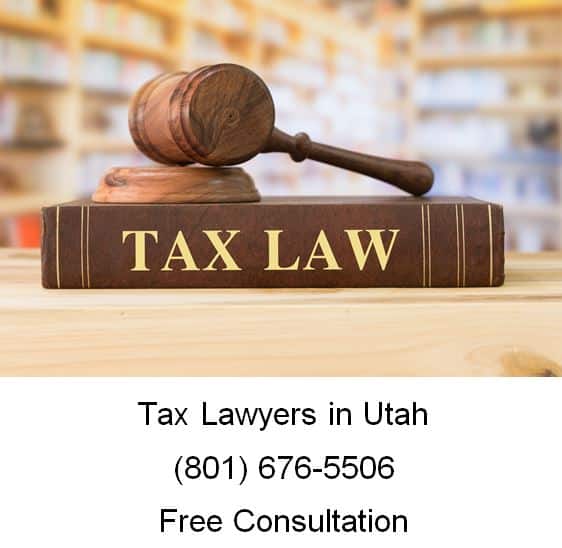

As most doctors already know, taxes can be a huge pain in the wallet! In addition, even though there are certain tax deductions for doctors listed in the tax code, the Internal Revenue Service (IRS) does not make it a top priority to tell you about them. Indeed, the IRS would be happy to take your taxes, even if you are overpaying. Truth be told, most doctors are unaware of many of the tax breaks that they are entitled to, or fail to keep the records that are necessary to record the deductions that they can get.
What follows are the top ten tax deductions for doctors you should be aware of:
1. Physician Practice Operating Expenses. The business expenses deduction allow for doctors to deduct for all of their “ordinary and necessary” practice expenses (no, this does not include buying that red sports car for your business trip). This can be quite a big deduction and will most likely include things like rent you pay for your business, the costs of utilities, supplies, and employees. In addition, if your business is not one that must keep a supply on hand or buy expensive business equipment, the business operating expenses deduction could be your largest deduction on your business taxes.
2. Entertainment costs associated with your practice. We’ve all heard the lines in the movies, “oh, I’ll just write lunch off,” but how many of us knew that it was true!? Indeed, entertainment that is associated with important business meetings and client contacts can often be written off as entertainment costs associated with business. In general, you may be allowed to deduct for up to half of the costs of the entertainment (such as a golf outing or a baseball game), but you should be very careful and keep diligent records. Many people “wrote off” too many “lunches” in the past and the IRS has been keeping an eye out for any suspicious or excessive entertainment costs.
3. Traveling locally. If you are a professional, you may be entitled to write off your transportation costs for traveling locally within your community for business. While you’re chosen mode of travel does not matter (bike, motorcycle, car, limoetc) does not really matter, you should always be sure to keep very accurate and detailed records.
Local travel has become a favorite for IRS auditors. Many times the car that doctors use to travel locally for business is also the same car that those doctors use in their personal lives. Mixing business use and personal use can lead to sticky situations with the IRS unless you keep diligent and accurate records.
4. Long distance travel. Traveling outside of your local community, especially overnight or by plane, could entitle your business to a deduction for the costs of your plane ticket, hotel bill or other costs associated with the travel. Unfortunately, because many people have abused this deduction in the past, the IRS carefully looks at any business deductions for long distance travel for signs of abusing the laws. So, travelers beware!
5. Long-term business assets. When you purchase an item for your business that you expect last for longer than one year (such as computers, industrial machines, dental equipmentetc), this may entitle your business to a long-term asset deduction. In general, there are two ways you may be able to deduct these assets from your business taxes. First is the depreciation method. Using this method, you will deduct part of the cost of the asset from your taxes each year over the “useful life” of the asset. Under the second method, you may use Section 179 of the Internal Revenue Code in order to take a lump-sum deduction for the long-term business asset.
6. Home office. As more and more doctors enter the professional market via the internet, more and more doctors choose to forego the normal office structure and instead opt to work from home. If you are a professional, you may be able to claim a home office tax deduction, provided that you are able to follow strict guidelines. For example, you may be able to deduct a portion of your utility bills so long as you can prove that the portion of the bill you deduct comes from your home office.
7. Regular office. If you instead choose to work in an office that is apart from your home, you will probably have access to many more tax deductions related to you workspace. For example, you may be able to deduct your office rent, utilities and insurance from your taxes.
8. Health insurance. If you are a professional that owns your own business, you may be able to claim a health insurance tax deduction that is not available to many others. This deduction could allow you to deduct your premiums as well as money you spend on non-prescription medication ad things like eyeglasses.
9. Retirement plans. The federal government has plans and laws that allow small business owners to set up special retirement accounts. These small business retirement accounts provide tax benefits to doctors that own the small businesses by allowing them put tax-free money into the retirement accounts during the years you work.
10. Employees. As a small business, you may be able to deduct any wages or salaries you pay employees that you hire to work for your business. If, for instance, you hire your neighbor Fred and pay him $20,000 a year to work for you, you will probably be able to deduct that $20,000 straight from your taxes.
Tax Lawyer Free Consultation
If you are a doctor and you need legal help, please call Ascent Law for your free consultation (801) 676-5506. We want to help you.
8833 S. Redwood Road, Suite C
West Jordan, Utah
84088 United States
Telephone: (801) 676-5506
Recent Posts
Taking Legal Action for Non-payment of Invoices

